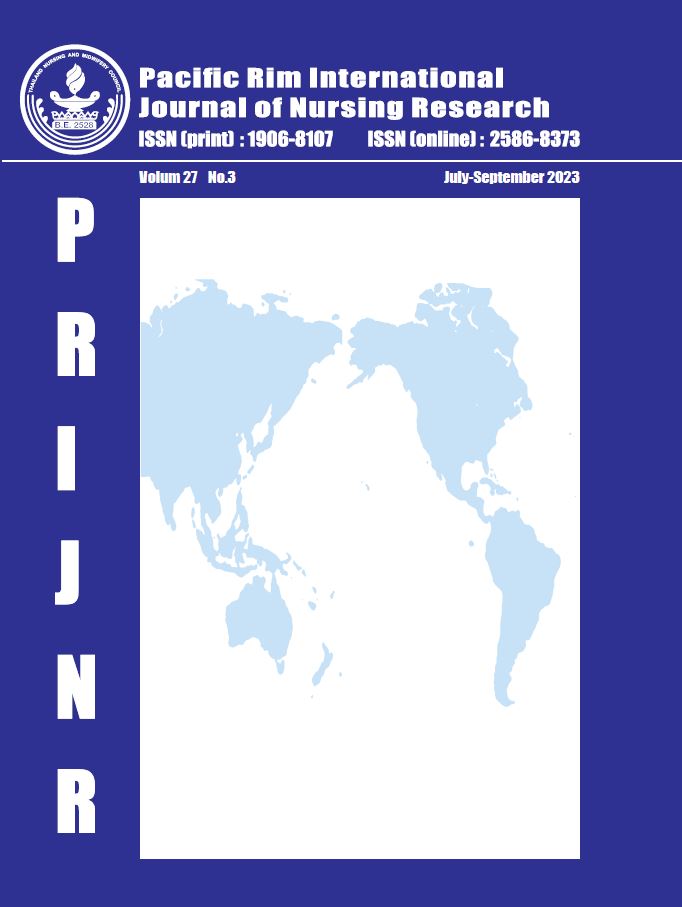Predatory Conferences are Cybercrimes: Be Careful What You Sign up for!
Keywords:
Caution, Cybercrime, Emails, Predatory conferences, Nursing, Midwifery, Research, Scholarship, ScamsAbstract
Today, there are many scams on the internet, including predatory publishing, predatory journals and predatory conferences. These fraudulent activities are a form of cybercrime and cause reputational damage to science and scientists in many disciplines. These activities also threaten the integrity of modern health care and scholarship. In this paper, the scamming associated with predatory conferences is discussed. An email is the most typical way researchers are asked to sign up for a predatory conference. Nurses, midwives and others are warned of the potential for lost funds, time, effort and emotional investment if they invest in a non-existent conference or one of low quality. Vigilance is needed by experienced scholars and clinicians, as well as early career researchers and graduate students, to try to detect when conferences are not what they seem. Suggestions are given here to try to determine if the conference is predatory. Understanding the extent of predatory conferences and evidencing clear strategies to reduce the likelihood of being scammed are much needed. While many papers are published about this problem, there is a lack of research, and this is an opportunity for nurses and midwives to consider for their next project. Action is clearly needed to reduce or eliminate these scams, and individuals and groups affected by predatory conferences need to report this to their institutions who must refer the matter to law enforcement agencies.
References
Cambridge Dictionary. Definition of Predatory. 2023 [cited 2023 May 6]. Available from: https://dictionary.cambridge.org/dictionary/learner-english/predatory
Nisha F, Das AK, Tripathi M. Stemming the rising tide of predatory journals and conferences: a selective review of literature. Annals of Library and Inform Stud (ALIS). 2020;67(3):173-82.
Papanikos GT. Predatory publishing, predatory academics, predatory conferences and predatory universities. Working Paper, No 02/2022. Athens Institute for Education and Research (ATINER). 2022 [cited 2023 May 17]. Available from: https://www.atiner.gr/gtp/Papanikos(2022)-Predatory-Publishing.pdf
Asadi A. Invitation to speak at a conference: the tempting technique adopted by predatory conferences’ organizers. Sci Eng Ethics. 2019;25(3):975-9. https://doi.org/10.1007/s11948-018-0038-0.
Godskesen T, Eriksson S, Oermann MH, Gabrielsson S. Predatory conferences: a systematic scoping review. BMJ Open. 2022;12:e062425. doi:10.1136/bmjopen-2022-062425.
Darbyshire P, Hayter M, Frazer K, Ion R, Jackson D. Hitting rock bottom: the descent from predatory journals and conferences to the predatory PhD. J Clin Nurs. 2020;29:4425-28. https://doi.org/10.1111/jocn.15516
Downloads
Published
How to Cite
License
Copyright (c) 2023 Pacific Rim International Journal of Nursing Research

This work is licensed under a Creative Commons Attribution-NonCommercial-NoDerivatives 4.0 International License.
Copyright: The Pacific Rim International Journal of Nursing Research, Thailand Nursing & Midwifery Council has exclusive rights to publish, reproduce and distribute the manuscript and all contents therein.








.png)



